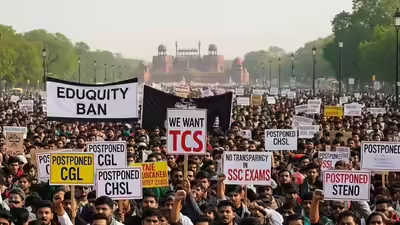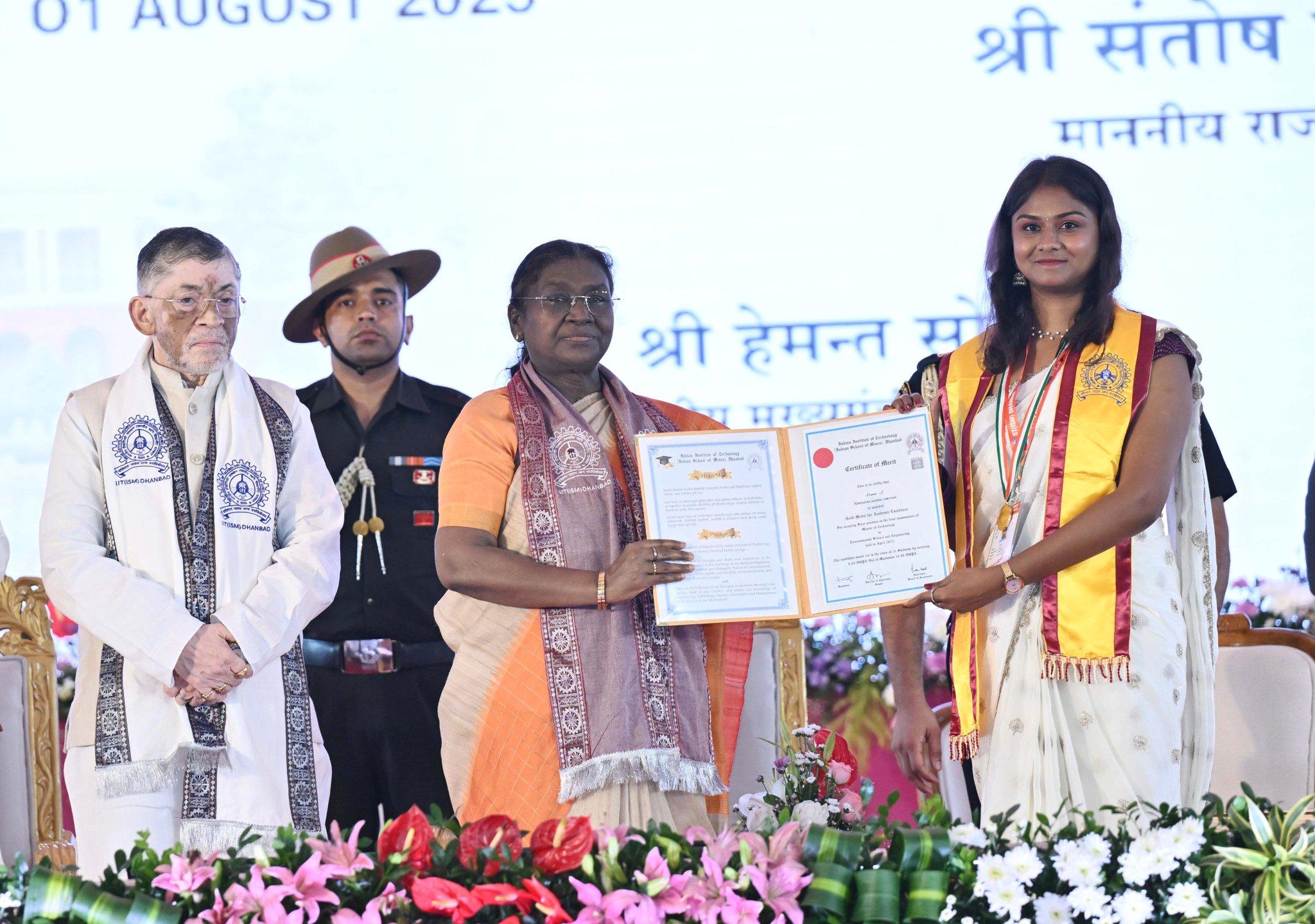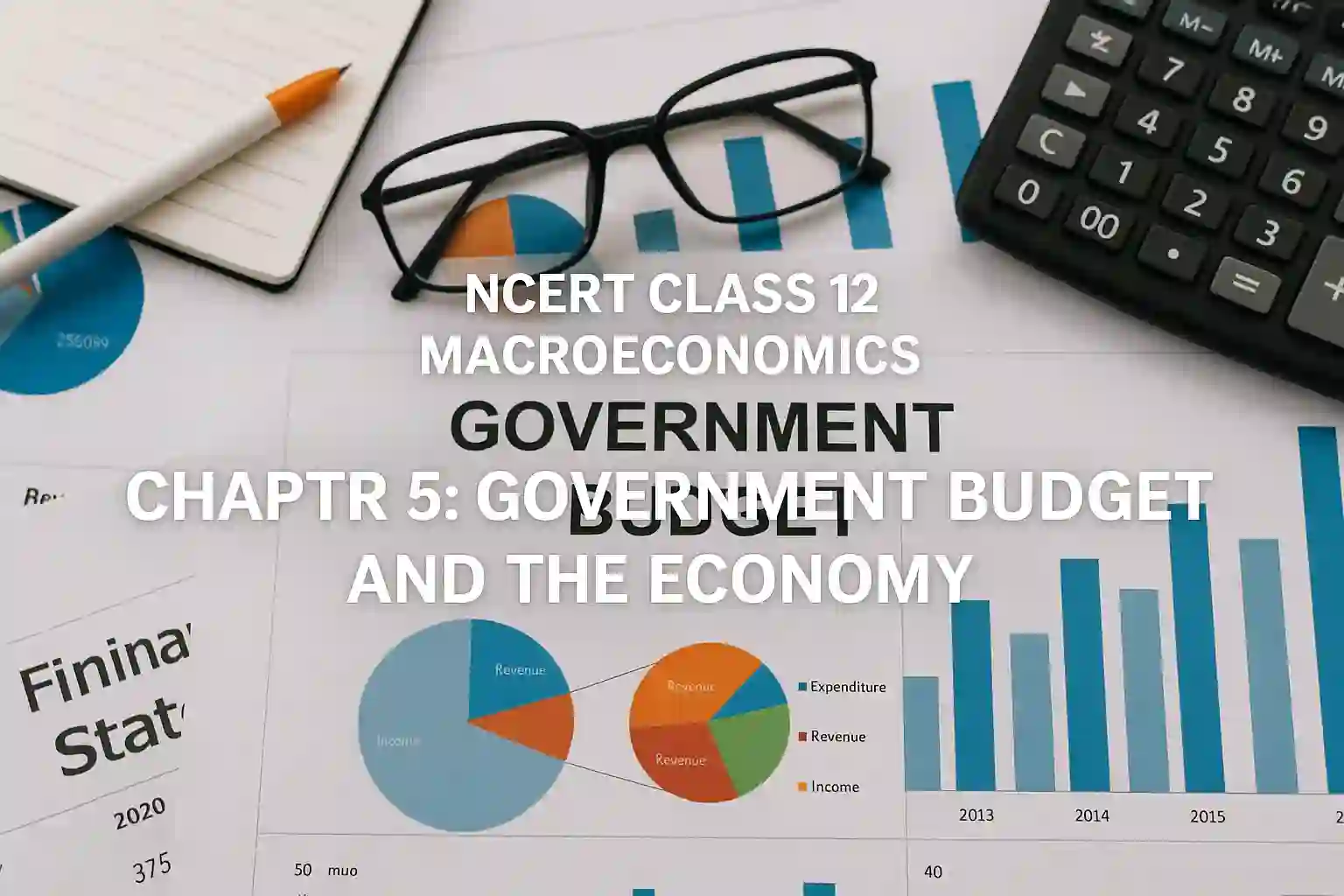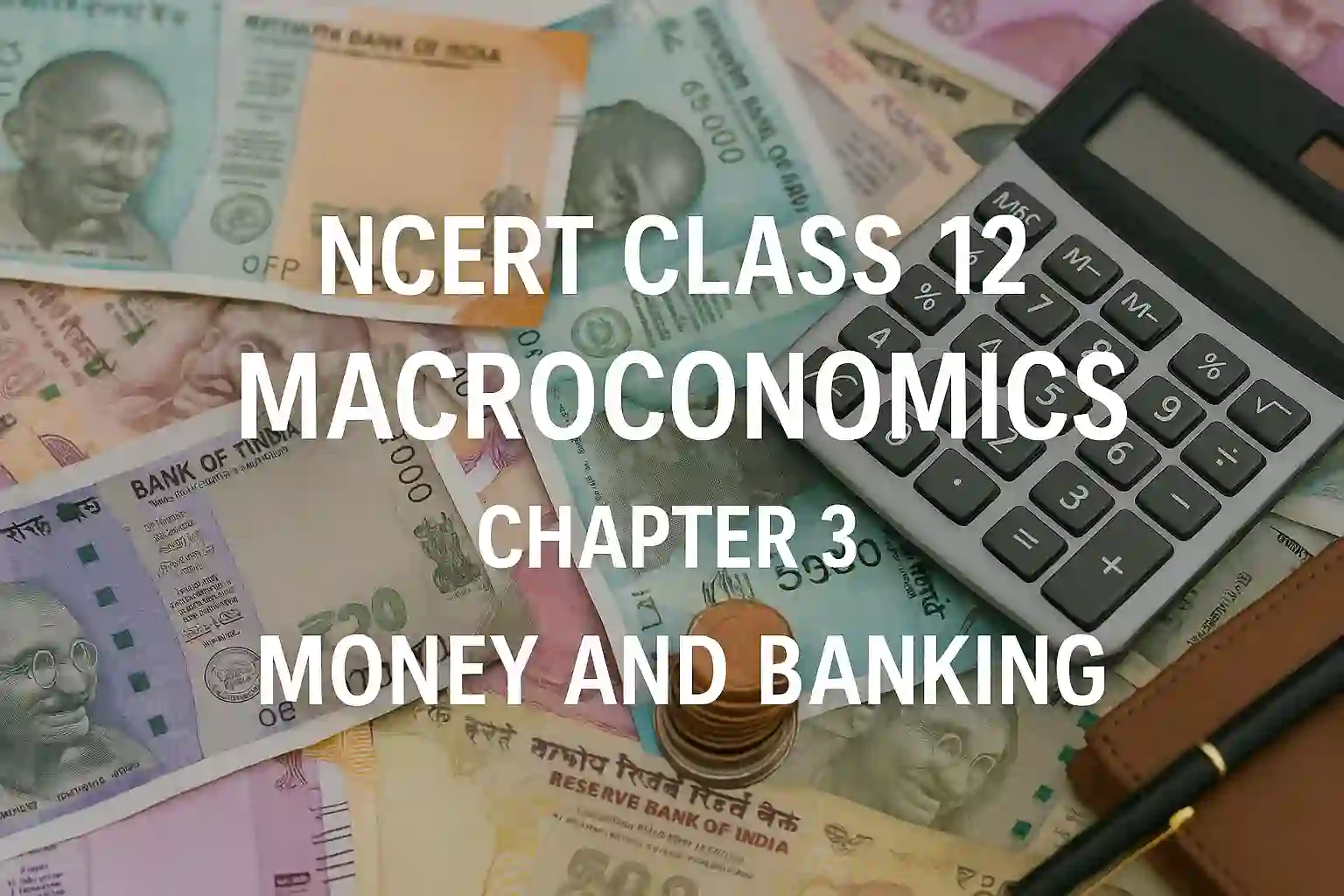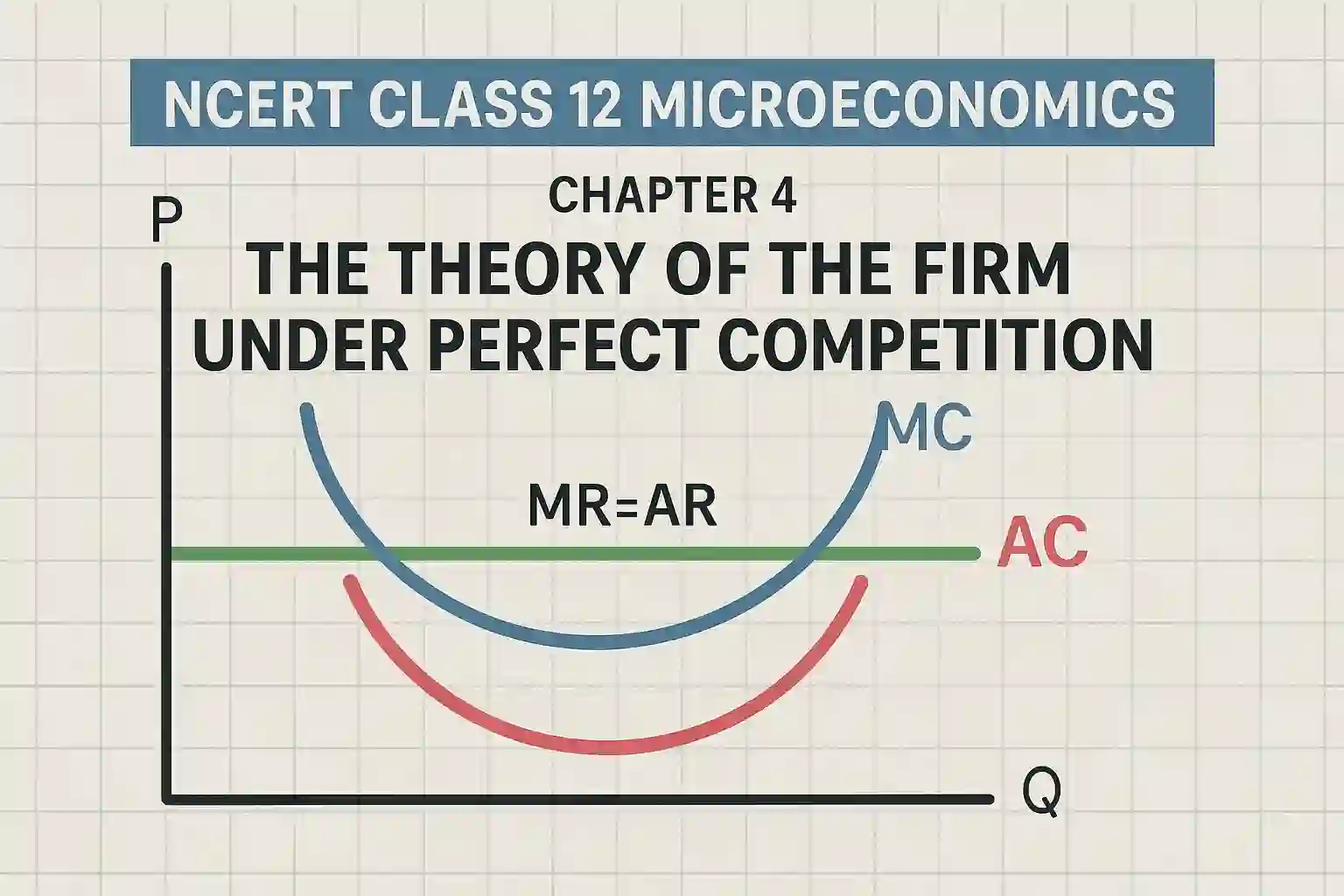Tamil Nadu has rolled out a progressive policy aimed at securing the rights and dignity of transgender persons across the state. The new policy, introduced in July 2025, assures equal access to education, employment and property inheritance. It also provides for trans persons to self-identify their gender without medical intervention and mandates that government and private institutions must offer inclusive facilities and non-discriminatory environments.
I felt it was important to write about this policy because most conversations around trans rights in India remain stuck at surface-level visibility or token gestures. But the truth is, for the transgender community to live with dignity, the law has to back them in practical ways—whether it’s owning a house, getting a job or simply going to school without being harassed. Tamil Nadu has a history of leading when it comes to trans rights, but this new move brings much-needed clarity and structure. As someone who believes in equal rights for all, I think this is a positive example that the rest of the country can learn from and act on.
What the New TN Policy for Trans Persons Covers
Tamil Nadu’s new policy outlines clear steps to protect and promote the rights of trans persons. Here’s a quick look at the key features:
Legal Recognition and Self-Identification
- Trans persons can now self-identify their gender without needing a medical certificate or surgery
- The government will issue identity documents that match a person’s self-declared gender
- All government forms and databases will include options beyond just male and female
Inheritance Rights
- Trans persons will now have equal rights to inherit property from biological or adoptive families
- The policy also covers inheritance from partners in case of legally recognised unions
- Legal awareness camps will be conducted to help families and trans persons understand their rights
Access to Education
- Schools and colleges in Tamil Nadu must ensure gender-neutral toilets and safe spaces
- Awareness sessions will be organised for students and staff to reduce stigma and bullying
- Trans students will be allowed to choose uniforms and hostel facilities as per their self-identified gender
Employment Support
- Government departments and private companies will be encouraged to reserve jobs for trans persons
- Skill development programmes specifically targeting the transgender community will be launched
- Job fairs and career counselling will be organised through the Tamil Nadu Transgender Welfare Board
Why This Policy Matters
This is not the first time Tamil Nadu has led the way in trans welfare. Back in 2008, it became the first state to form a transgender welfare board. But those earlier efforts lacked a strong legal framework. With this new policy, the government is not just offering schemes—it is promising legal safeguards.
Inheritance rights, for example, have been a grey area. Many trans persons are cut off from their families and denied property they’re legally entitled to. The clarity in this new policy offers hope for those who have been living in legal limbo.
The education and employment focus is equally important. A large number of trans persons drop out of school due to bullying and discrimination. Without education, access to decent jobs becomes difficult, and many are pushed into informal or unsafe work. This policy looks at these root causes instead of just offering surface-level benefits.
A Model for Other States
Tamil Nadu’s policy can be used as a guide by other Indian states looking to frame inclusive policies. States like Kerala and Maharashtra have made some progress, but very few have addressed issues like inheritance and educational infrastructure with such clarity.
Of course, for this policy to actually help, it has to be properly implemented. Monitoring, regular updates, and feedback from the trans community are essential. But even as a starting point, this is a strong step forward.





